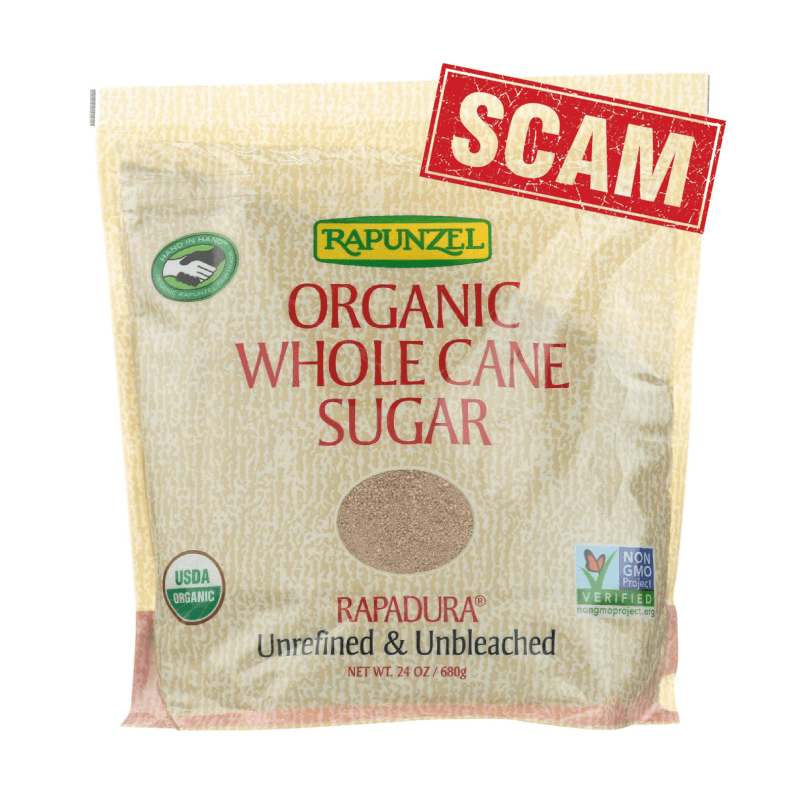Food labels these days are like the Wild West of dishonest advertising. Plant juice can be called milk, steak can be marketed as gluten-free and soybeans can be called meat. It may only be a matter of time until kosher-labeled pork and vegan chicken is on shelves. All of those have been made possible because our regulatory system chose not to enforce its marketing rules when organic food began to make health claims.
Organic food is widely marketed as the healthier, pesticide-free alternative to conventional options. Nonprofit organizations — like the Environmental Working Group (EWG) and its “Dirty Dozen” list — fundraise off communicating that only organic food is clean and without toxic substances that consumers should fear.
What they don’t tell you is that the conventional pesticides detected in sampling by the U.S. Department of Agriculture (USDA) are present in such minuscule amounts that it would be impossible for anyone to eat enough to cause any harm to health. That fact doesn’t matter to the EWG because the purpose of its list is not to educate, it’s to increase the market share for organic food. The list is a gimmick that produces …. scary headlines about dangerous food.
Read full, original article: Opinion: Save your budget from organic food hypocrisy































